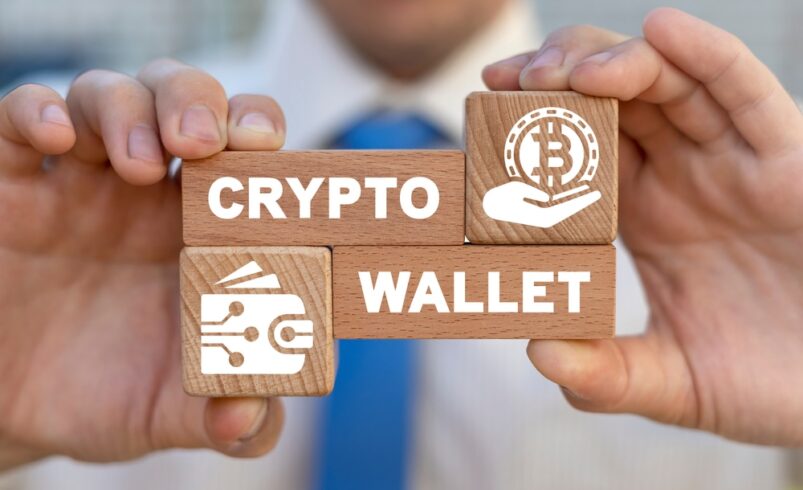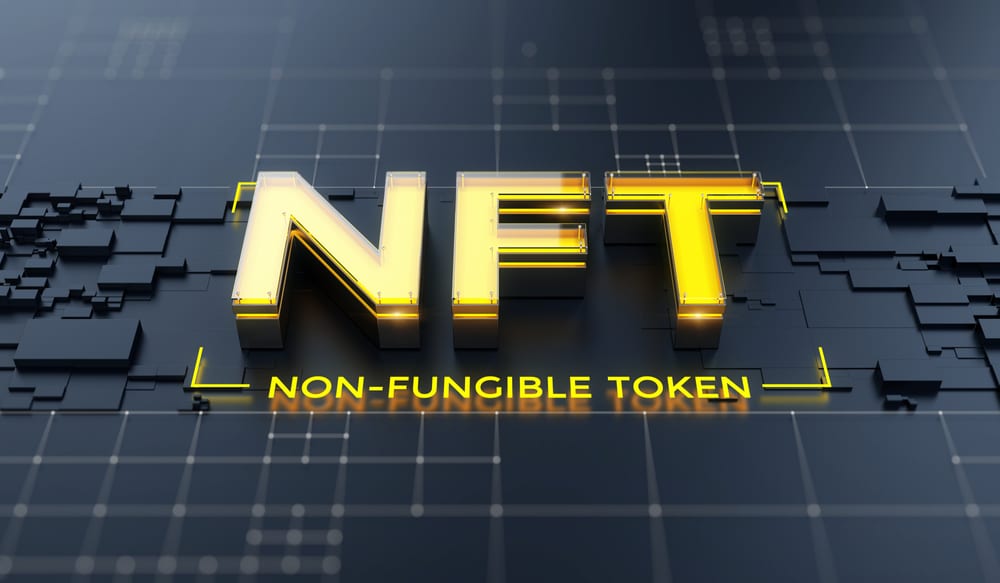Decoding Smart Contracts: The Future of Blockchain Transactions

Smart contracts have undoubtedly become a buzzword in the cryptocurrency realm. While initially associated with the Ethereum network, their adoption by the Bitcoin network has recently fueled their significance. But what are smart contracts, and how do they function?
Picture a realm where contracts not only write themselves but also self-execute. A place where trust isn’t about the handshake or the signature but is instead established through unalterable lines of code. Welcome to the domain of smart contracts – digital agreements embedded in blockchains. Let’s dive deeper to unravel the complexities of smart contracts.
Smart Contract Explained
A smart contract operates as an automated digital agreement, executing predefined actions without human intervention once its conditions are met. These transactions, once executed, are permanent and can’t be altered.
This innovation allows for transparent transactions and arrangements between various parties, even if they’re anonymous and dispersed globally. It does away with middlemen such as financial institutions or legal bodies, negating the requirement for outside regulation.
While numerous folks link blockchain chiefly with Bitcoin, its uses have broadened far beyond merely acting as the spine of a virtual coin.
How Smart Contracts Functions
Smart contracts operate on the fundamental principle of “if/when… then…” logic embedded within the code on a blockchain. When specific predefined criteria or conditions are met and validated, a decentralized network of computers undertakes the specified tasks.
These tasks range from transferring funds between parties, recording a vehicle’s ownership, dispatching alerts, or issuing a certificate. Once executed, the blockchain reflects this transaction, ensuring it’s immutable and transparent only to those with the requisite permissions.
When setting up a smart contract, participants can introduce as many terms as necessary to ensure all parties are confident of a satisfactory outcome. This involves deciding how the transactional data will appear on the blockchain, achieving consensus on the governing logic rules, understanding potential anomalies, and instituting a mechanism to address disagreements.
To bring a smart contract to life, a developer’s expertise is often sought. However, with the growing prevalence of blockchain in business, many institutions now offer user-friendly templates, interactive web platforms, and other resources to make the creation of smart contracts more accessible.
Advantages of Smart Contracts
1. Swift and Precise Transactions
With the automation of digital protocols, smart contracts ensure that actions are taken instantly once the specified conditions are fulfilled. This eradicates the hassles and errors associated with manual documentation, paving the way for seamless and accurate operations.
2. Building Reliable Relationships
The absence of third-party intermediaries in the process enhances trustworthiness. The decentralized nature of blockchain ensures that all parties have access to the same encrypted information, leaving no room for doubts or concerns about data tampering.
3. Robust Security Measures
Blockchain-based contracts are safeguarded with top-notch encryption techniques, making unauthorized breaches daunting. Moreover, the interlinked structure of transaction records means that for a hacker to alter a single transaction, they’d have to modify the entire chain – a near-impossible feat.
4. Cost-Efficient Processes
By sidestepping the need for mediators to oversee or validate transactions, smart contracts speed up the process and cut down on the expenses and fees typically associated with traditional contract implementations.
Drawbacks of Smart Contracts
Smart contracts bring automation and trust to digital transactions. Yet, these entities are not devoid of their inherent limitations:
- Immutability: A standout trait of a smart contract is its steadfastness. Once it finds its place on the blockchain, modifying it becomes a herculean task. Once it’s live on the blockchain, it’s nearly impossible to alter or amend. This can be problematic when unintentional mistakes or oversights are found in the contract after deployment. It leaves little room for error correction, potentially leading to irreversible consequences.
- Dependence on Developers: The efficiency and accuracy of a smart contract lie heavily on the shoulders of the developers who write its code. If a programmer fails to adequately convert the real-world terms of an agreement into a code or overlooks specific scenarios, it could result in a contract that doesn’t perform as intended.
- Potential Exploits: No code is foolproof. There might be hidden vulnerabilities or unintentional loopholes that savvy individuals can exploit. These oversights can lead to situations where the contract, while technically executed as coded, doesn’t reflect the true spirit of the agreement, allowing malicious parties to act in bad faith.
Smart Contract Uses
Let’s dive deep into the practical world of smart contracts to grasp how they can revolutionize routine financial dealings, making them more transparent and more straightforward:
- Automated Savings: Visualize smart contracts as your digital piggy banks. They can be programmed to periodically take a set amount from your account and channel it into savings or investments. This method ensures you save regularly without giving it a second thought.
- Emotion-Free Investments: For those who believe in a set-it-and-forget-it investment strategy, smart contracts are a game changer. They can be tailored to buy or sell assets once specific market conditions are met. This ensures you stick to your financial strategy without letting feelings get in. However, it’s important to remember that such automation also demands regular reviews.
- Instant Insurance Claims: The notorious tales of drawn-out insurance claims are all too familiar. This is where smart contracts step in. They can cross-check claims instantly, especially when combined with reliable digital data sources, like weather reports for natural disasters. The outcome? Prompt compensation without the red tape.
- Digital Legacy Planning: In today’s digital age, assets aren’t just physical. We have a lot stored in the virtual space, from digital currencies to online businesses. Smart contracts can streamline the inheritance process. These contracts can instantly transfer digital assets to the designated beneficiaries upon specific verifiable incidents, such as the owner’s passing, bypassing conventional legal roadblocks.
- Decentralized Financial Ventures: At the heart of the decentralized finance (DeFi) revolution are smart contracts. Beyond mere transactions, they support a variety of financial endeavors like peer lending or cutting-edge financial solutions. Their decentralized framework ensures clarity and eliminates intermediaries, leading to a more direct financial world.
DISCLAIMER: It's essential to understand that the articles on this site are not meant to serve as, nor should it be construed as, advice in legal, tax, investment, financial, or any other professional context. You should only invest an amount that you are prepared to lose, and it's advisable to consult with an independent financial expert if you're uncertain. To obtain more information, kindly examine the terms of service and the assistance and support resources made available by the issuing or advertising entity. Our website is committed to delivering accurate and unbiased news, yet it's important to note that market conditions may change rapidly. Also, be aware that some (but not all) articles on our site are compensated or sponsored.








